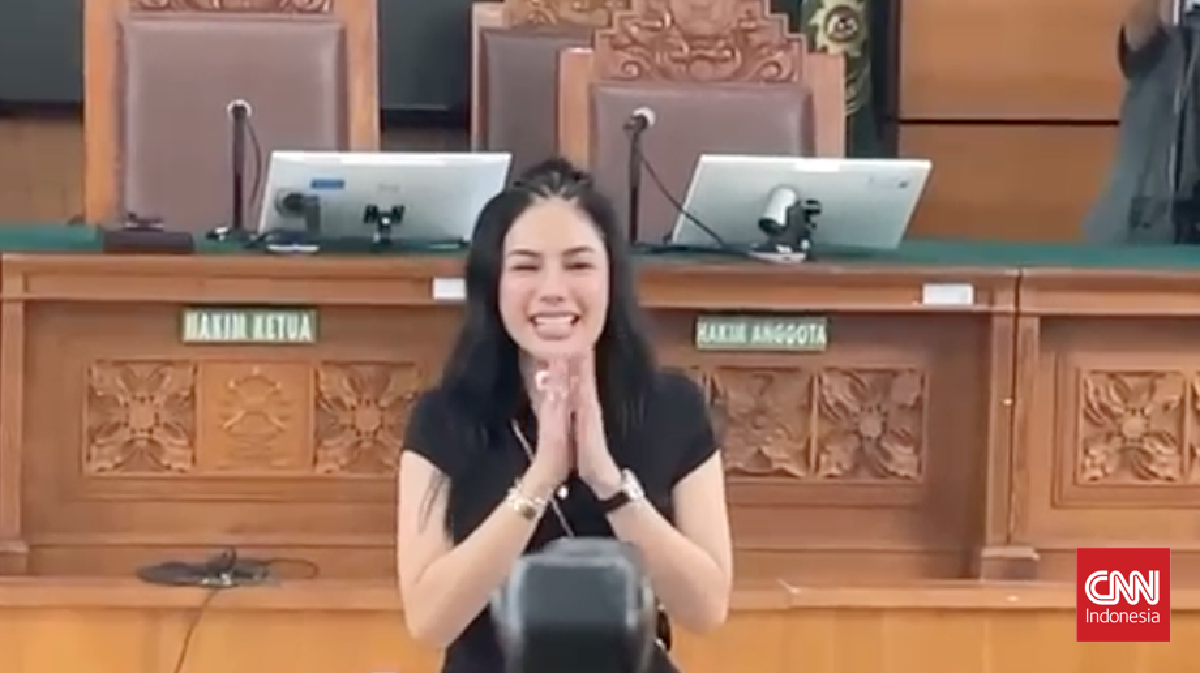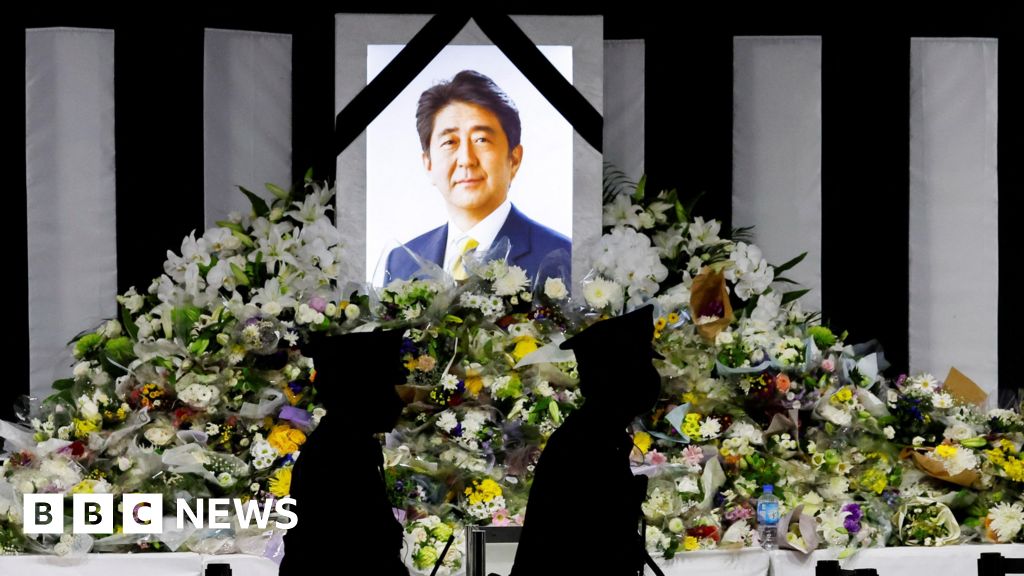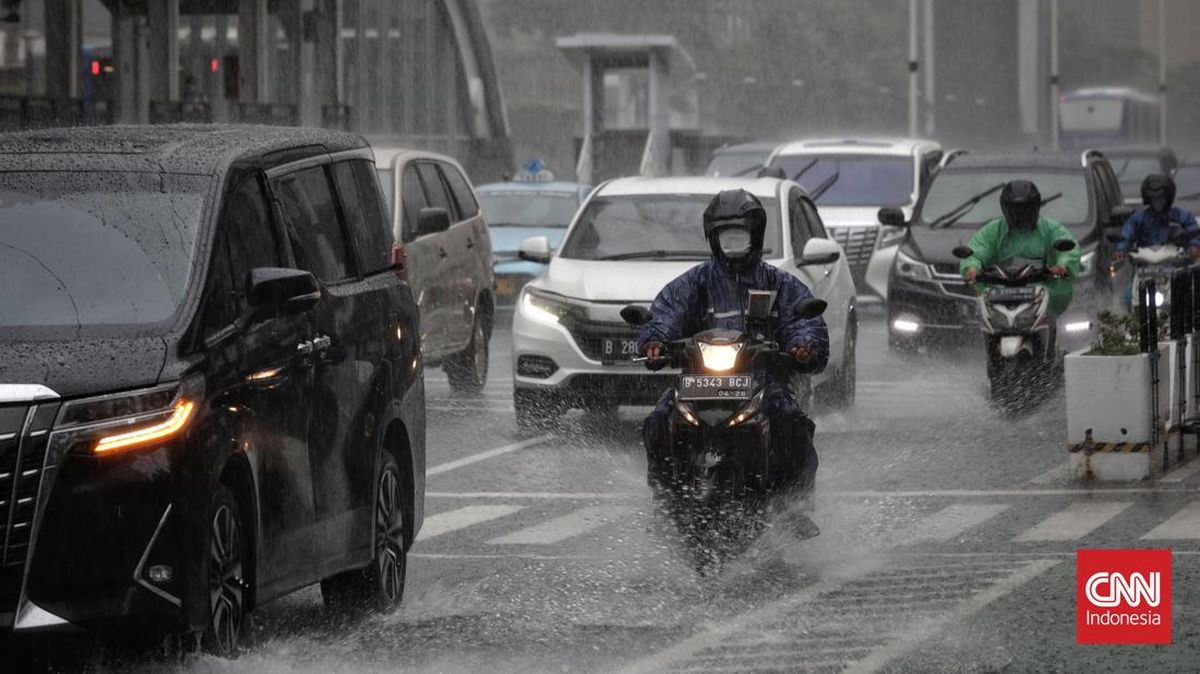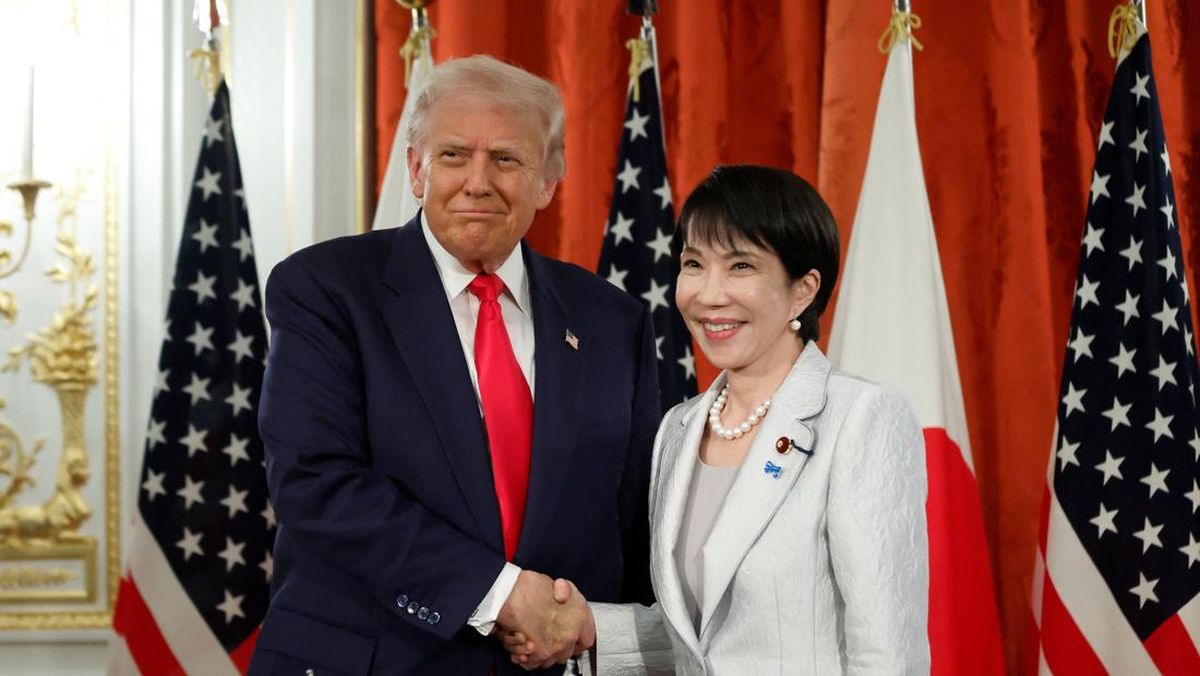When respondents were asked to rank eight major policies to address the housing crisis, the most popular was an increase to first home buyer grants (69 per cent support).
But that approach is loathed by economists – they claim it boosts demand for housing (by putting more money in the pockets of first-time buyers) while doing nothing to boost the supply of housing available for purchase. That just helps to push up prices. Those who benefit most from policies like this are existing home owners, not new buyers.
There’s a similar mismatch over planning reforms.
Most experts advocate for policies that will lift housing supply. One way to do this is by changing planning rules to allow higher housing density, especially in well-located parts of our big cities. State governments back this approach – the NSW and Victorian governments have announced major policy changes to lift the supply of new dwellings.
And yet, changing planning and zoning rules to allow more high-density housing was the least popular of the eight policies put to voters; only 11 per cent gave this option strong support.
Property market commentary often pits aspiring first home buyers against NIMBY property owners who oppose planning changes that would allow more dwellings in their suburb.
But young voters don’t seem to view the housing crisis this way – only 48 per cent of those aged 18-34 supported changing planning and zoning rules to allow more high-density housing (only 6 percentage points higher than those aged over 65).
For all the recent talk among politicians and experts about the need for planning reform to boost the number of available dwellings, only 29 per cent identified a lack of new housing supply among the biggest contributors to our housing problem.
The report concludes that deregulating planning to aid supply “excites few voters”.
Policies to regulate rents also divide experts and voters. A clear majority of voters (57 per cent) supported limiting rental increases for private tenants. But economists also abhor this approach – perhaps even more than first homebuyer grants. They argue limiting rental increases (sometimes called rent caps) would do more harm than good by discouraging investment in rental properties. That would in turn reduce the number of affordable options for new entrants and could lower the quality of the existing rental housing.
Loading
More investment in social housing (affordable to those on low incomes) attracted the support of almost two-thirds of voters (64 per cent) but even that is not seen as the best way to help low-income families into accommodation by many economists. They say Commonwealth rent assistance is a more efficient alternative.
The mismatch between public and expert opinion shows there’s much more explaining to do if Australia is to deal with the housing crisis.
It is up to politicians and experts to build voter support for the most effective and efficient solutions.
There’s no time to waste. The Macquarie University study warns its findings “suggest the foundations of Australia’s home-owning democracy remain under increasing pressure. Renters no longer believe that working hard and saving is enough to enter home ownership”.
Loading
On some housing issues, the study found a clear left-right divide, especially on effects of immigration. Among Coalition voters and those who supported “populist right” parties (mostly supporters of One Nation and Trumpet of Patriots), a majority said immigration was a major contributor to housing problems. That fell to 28 per cent for Labor voters and 18 per cent for Greens supporters.
But the affordability crunch has created unexpected political alignments.
There was strong support for interventionist housing policies such as limits on rental increases from voters on the left of politics (85 per cent of Greens voters) and voters on the populist right (58 per cent). Four out of five tenants also supported this policy.
Greens voters and populist right voters – from opposite ends of the political spectrum – had the highest share saying housing had influenced their vote in the 2025 federal election. They also had the biggest majorities that “strongly” agreed Australia is in the grip of a housing crisis.
Macquarie University’s Dr Shaun Wilson, who co-authored the report, said there was an “overlap in demand” for those more interventionist housing policies from both the right and the left of politics.
“This might be a sign those parties are appealing to people who feel like they’ve missed out,” he said.
It also points to a split between “insiders” who own property and “outsiders” who feel locked out of the housing market.
That insider-outsider housing divide looms as an important future driver in Australian politics.
Matt Wade is a senior economics writer at The Sydney Morning Herald.


















































